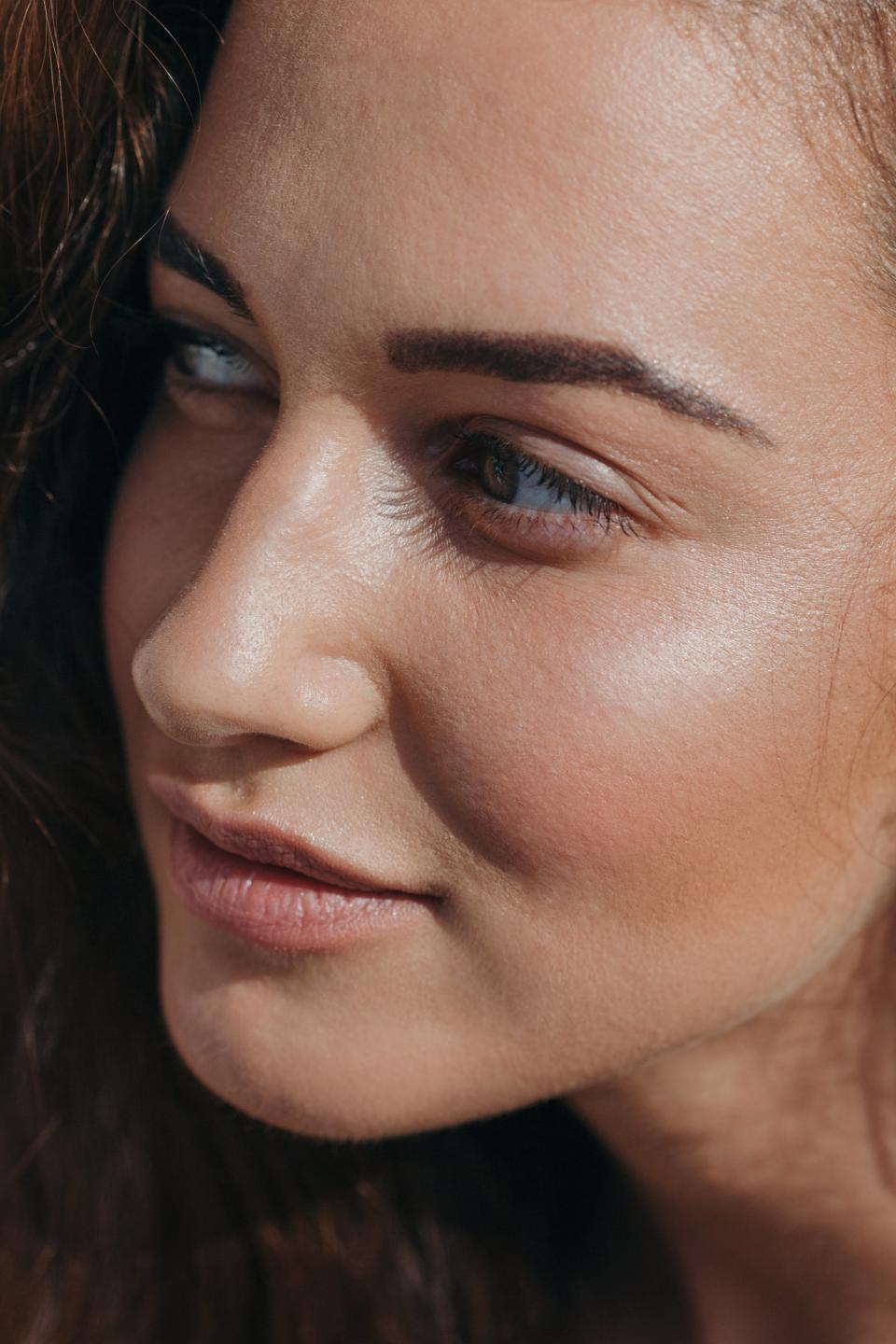The Best Supplements to Take for Your Skin
Vitamin deficiencies can lead to a slew of adverse health effects in the body, including your skin. Maintaining a proper diet, complete with adequate nutrition, is obviously related to this—and impacts both your health and your appearance. But here's the thing: Even if you're already eating a well-balanced diet, you may still be lacking in specific nutrient departments. Identifying these deficiencies is simple, says Dr. Tahani Williams—just request blood work from your doctor to find out which values aren't up to par. While isolating any deficiencies is a good first step, knowing how to supplement them is the second.

Getty / honey_and_milk
On the lineup? A slew of lettered vitamins: vitamin A (if you are pregnant or planning on becoming pregnant, however, consult with your physician before adding this supplement to your regimen), vitamin C (a cancer-fighting antioxidant that also prevents your skin from aging), vitamin D (good for psoriasis suffers, this helps even your complexion), vitamin E (another antioxidant that protects against sun damage and fights dark spots and wrinkles), and vitamin K (essential to blood clotting and wound healing, this aids stretch marks, spider veins, scars, and stubborn, dark under-eye circles). Just as impactful? Zinc and selenium, both of which promote strong, clear, healthy skin.
Related: Here's Everything You Need to Know About Fish Oil Supplements
While adding any of these vitamins to your diet may be beneficial for skin health, Dr. Raman Madan, M.D., director of cosmetic dermatology at Northwell Health and assistant clinical professor at Zucker School of Medicine at Hofstra/Northwell, suggests that you may actually get more bang for your buck by taking a multivitamin that contains a mixture of all of them. "Most supplements that are advertised individually usually give you so much of the vitamin that you end up excreting it," Dr. Madan says.
Despite what you may have heard (or read on the Internet!) Dr. Madan suggests avoiding collagen supplements. "They usually get broken down and excreted from the body before they actually reach the skin," he explains. While there's no harm in using the recommended amount, you may just be wasting both time and money. And it goes without saying, but you should discuss any plans to add vitamins or supplements to your diet with your doctor before changing your dietary regimen.

